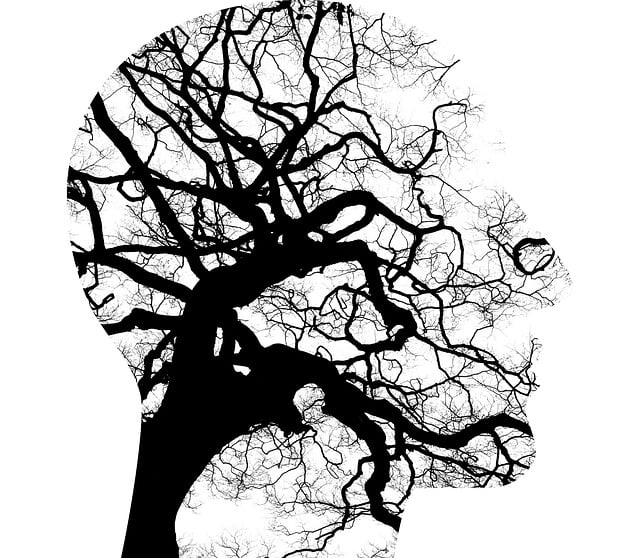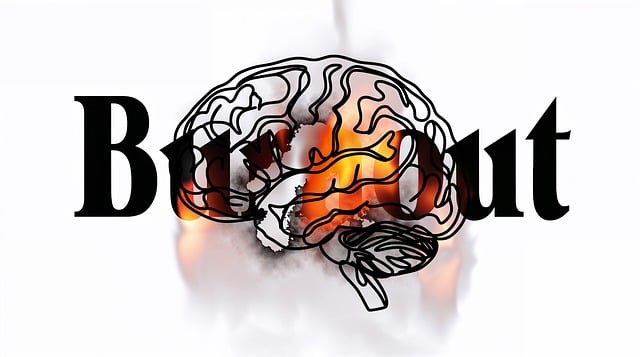Mental health advocacy groups in cities like Colorado Springs significantly improve access to quality care, including anger management therapy, through holistic initiatives. By combining individual therapy, group support, online resources, and community outreach, these programs reduce stigma and empower individuals to seek help. Effective strategies include cultural competency training for healthcare providers, collaboration with diverse communities, and tracking progress through assessments. Colorado Springs Anger Management Therapy serves as a successful model, demonstrating the power of advocacy in fostering emotional well-being across diverse populations.
Mental health advocacy plays a pivotal role in fostering well-being and creating supportive communities. This article explores initiatives aimed at addressing mental health concerns, with a spotlight on Colorado Springs Anger Management Therapy as a successful case study. We delve into strategies for effective advocacy, emphasizing community engagement and local network involvement. Additionally, we discuss the importance of measuring success through program evaluations, ensuring impactful outcomes. By examining these approaches, we can revolutionize mental health support at the grassroots level.
- Understanding Mental Health Advocacy: The Need and Impact
- Colorado Springs Anger Management Therapy: A Case Study
- Strategies for Effective Mental Health Advocacy Initiatives
- Building Community Support: Engaging Local Networks
- Measuring Success: Evaluating the Effectiveness of Advocacy Programs
Understanding Mental Health Advocacy: The Need and Impact

Mental health advocacy plays a pivotal role in shaping public perception and policy surrounding psychological well-being. It involves championing for improved access to quality mental healthcare services, challenging societal stigma, and ensuring that individuals’ emotional needs are prioritized. In cities like Colorado Springs, where Anger Management Therapy is a sought-after service, advocacy initiatives can make a tangible difference in the lives of those grappling with various mental health challenges.
Advocacy efforts contribute to a broader Mental Health Policy Analysis and Advocacy, pushing for more inclusive healthcare systems that cater to diverse communities. By promoting Emotional Well-being Promotion Techniques, these initiatives foster an environment where individuals feel empowered to seek support without fear of judgment. Furthermore, Healthcare Provider Cultural Competency Training is integral to ensuring that mental health professionals can offer culturally sensitive care, thereby increasing accessibility and effectiveness.
Colorado Springs Anger Management Therapy: A Case Study

In Colorado Springs, Anger Management Therapy has emerged as a transformative initiative addressing a pressing issue within the community. This therapy focuses on empowering individuals to manage and reduce anger-related issues, thereby improving their overall mental wellness. Through structured programs, participants learn effective coping skills and strategies to navigate challenging situations with calmness and resilience. The approach involves individual therapy sessions, group support meetings, and even online resources, making it accessible to a diverse range of people seeking self-esteem improvement and personal growth.
The success of Colorado Springs Anger Management Therapy lies in its holistic nature, combining traditional therapeutic techniques with modern tools. For instance, the Mental Wellness Podcast Series Production has played a significant role in extending support beyond the therapy room. This podcast offers valuable insights, interviews, and practical tips on managing anger, fostering open dialogue, and promoting self-care practices. By combining these innovative approaches, the initiative ensures that individuals not only develop coping skills but also gain access to a supportive community dedicated to enhancing mental wellness.
Strategies for Effective Mental Health Advocacy Initiatives

Mental health advocacy initiatives are powerful tools for creating positive change and improving access to quality care. To ensure effectiveness, these programs should incorporate diverse strategies tailored to specific communities. One key approach is integrating mental illness stigma reduction efforts into educational and public awareness campaigns. By normalizing conversations around mental health, these initiatives can foster a supportive environment, encouraging individuals to seek help without fear of judgment.
Additionally, community outreach program implementation plays a vital role in reaching underserved populations. Tailoring services to unique cultural needs and preferences, such as offering Colorado Springs Anger Management Therapy specifically designed for diverse communities, enhances accessibility and engagement. Furthermore, healthcare provider cultural competency training is essential. Equipping professionals with the skills to understand and address cultural barriers improves patient outcomes and ensures everyone receives respectful, sensitive care.
Building Community Support: Engaging Local Networks

Building community support is a cornerstone of effective mental health advocacy initiatives. Engaging local networks, such as those available through Colorado Springs Anger Management Therapy, creates a safety net for individuals seeking help. By fostering partnerships with schools, workplaces, and faith-based organizations, these initiatives ensure that resources are accessible and tailored to the unique needs of diverse communities. This collaborative approach not only amplifies the reach of mental health services but also promotes a culture of care and understanding.
Mental Health Policy Analysis and Advocacy plays a crucial role in this process by identifying gaps in current support systems and advocating for evidence-based solutions, including Trauma Support Services. Healthcare Provider Cultural Competency Training is another key strategy that equips professionals with the skills to address the specific challenges faced by different cultural and demographic groups. Together, these efforts create an inclusive environment where everyone has access to quality mental health care, fostering a stronger, more resilient community in Colorado Springs and beyond.
Measuring Success: Evaluating the Effectiveness of Advocacy Programs

Measuring success is a vital aspect of evaluating the effectiveness of mental health advocacy programs. In the context of Colorado Springs Anger Management Therapy, for instance, assessing progress involves tracking participant engagement and outcome improvements. This can be achieved through pre-and post-program assessments that gauge participants’ anger levels, coping strategies, and overall emotional well-being. By comparing these metrics, advocates can demonstrate the program’s impact on individual lives.
Effective advocacy initiatives, such as Mental Wellness Coaching Programs Development and Community Outreach Program Implementation, often employ a combination of qualitative and quantitative methods. Qualitative feedback from participants offers insights into their experiences, while statistical analysis provides concrete evidence of success. Promoting emotional well-being through these programs can be monitored by measuring changes in mental health scores, reduction in therapy sessions, or improved community engagement. These evaluations ensure that resources are allocated efficiently, allowing for continuous improvement and better alignment with the needs of those seeking support.
Mental health advocacy initiatives, as exemplified by the successful Colorado Springs Anger Management Therapy program, play a pivotal role in fostering community support and enhancing mental well-being. By understanding the need and impact of such initiatives, we can develop effective strategies that leverage local networks for maximum reach. Measuring success through evaluation ensures programs remain tailored to evolving needs, ultimately revolutionizing mental health care access and outcomes.














